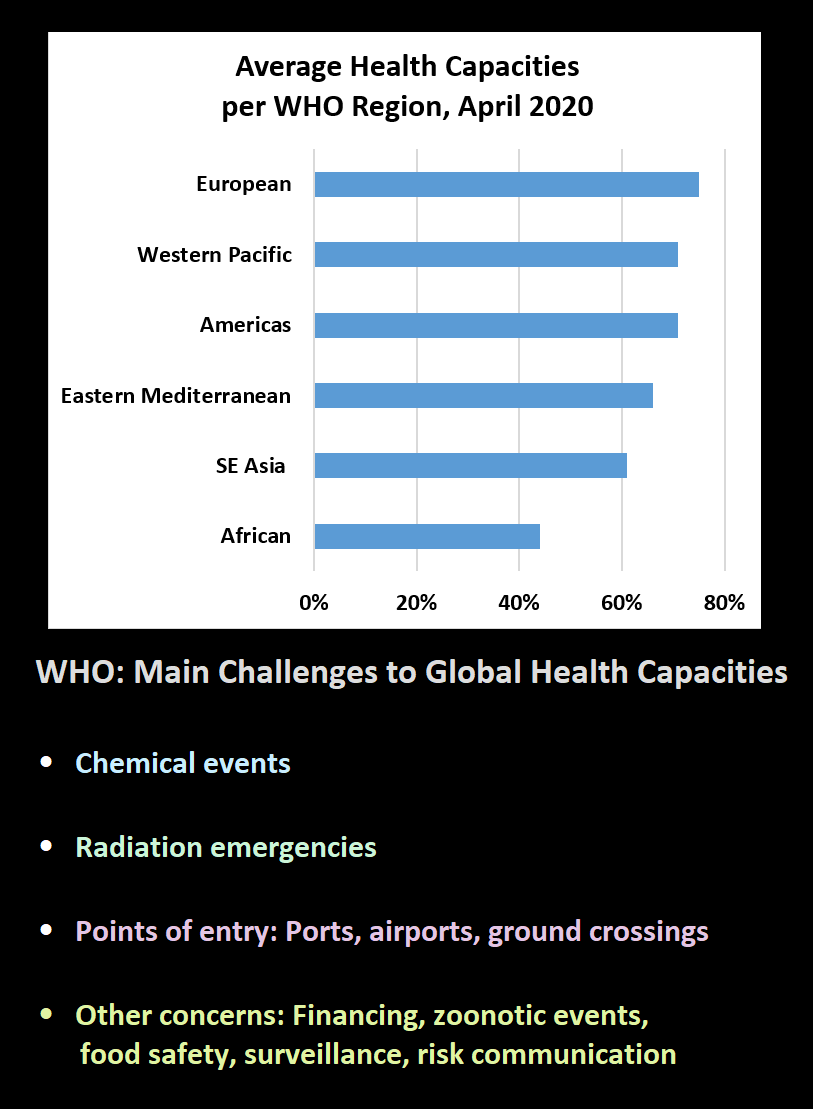Keep the US in WHO: Foreign Affairs
The United States represents about 25 percent of the world’s confirmed Covid-19 cases. US withdrawal from the World Health Organization, as proposed by the president based on false claims, would damage global health security and the rule of law. The US Congress can hold hearings and opponents can go to court, arguing the president lacks constitutional authority. Trump is correct that WHO should not have praised China and should include Taiwan in Covid-19 strategy, yet WHO lacks authority over member governments. “The WHO is governed by governments, and with nearly 80 percent of its budget funded through voluntary contributions, it has limited room to maneuver,” write Harold Hongju Koh and Lawrence O. Gostin for Foreign Affairs. “The only time a bilateral treaty withdrawal went to the Supreme Court, in 1979, not a single justice took the position that a president, as a general rule, has the constitutional authority to unilaterally withdraw from any and all treaties.” Departure and funding redirection require congressional approval. The US, by leaving WHO, would end other treaties and block the US from access to the global system for sharing outbreak data while reducing the organization’s capability to monitor diseases. WHO is essential during a global health crisis. A single nation cannot fight a pandemic on its own, and global coordination is required. – YaleGlobal
Keep the US in WHO: Foreign Affairs
Immediate US withdrawal from the World Health Organization would be both a global health and legal disaster
Sunday, June 7, 2020
Read the article from Foreign Affairs about the proposal to withdraw the US from the World Health Organization.
Harold Hongju Koh is Sterling Professor of International Law and former Dean at Yale Law School and served as State Department Legal Adviser from 2009 to 2013.
Lawrence O. Gostin is O’Neill Professor of Global Health Law and Faculty Director of the O’Neill Institute for National and Global Health Law at Georgetown University, where he directs the WHO Collaborating Center on National and Global Health Law.

Foreign Affairs
©2020 Council on Foreign Relations, Inc. All Rights Reserved.